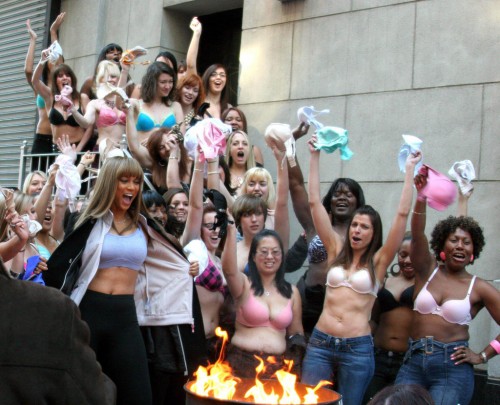Midtown Skin Essay Series Part 2 of 5: Hedge Fund

Hedge Fund
It’s ten AM, do you know where your money is? Who touches your credit? Who makes it feel safe? Touching candy, scraping paper skin over the fires of the market, these are the goals of the new new Downtown set. These are the men and women who give your money value, who quantify your life growth. They deal your commodity. They are the men and women who take your life and make it fabulous.
She whispers to money before she dreams, in her loft Downtown. Money takes her to bed. She kisses her own power like an empty vase
On the other side of the world, in New Jersey, money begins to seek power. It begins to roll in the direction of Wall St. It divests itself from your retirement plan. Money wants to be in Manhattan. Money wants to be strong with sexy friends, cigars, power boats. A vacation for money would be a week on the beach at Battery Park, in the 1980s, during the bond market boom. Your money wants to merge, to kill. Your kids go off to college, your money goes off to war.
And now your moeny has gone digital – just like your love life. Your money is dating your iPhone. Your money is fucking your second wife in the back of a Towncar. Every morning at 9:30 AM Eastern, your money sits at a Bloomberg terminal and watches itself breathe.
You can’t have your money now. It belongs to math and it belongs to disappearing mental real estate – the headline market, the gold hedge, the metals sector. Your money is bored by you. Your money is long gone – blowing lines of coke in some Russian death bar with the twin daughters of a brand new oil baron. Say goodbye to your money.
Previously: Happy Hour
But What About the Nipples? A Nice Conversation (Pt. 2)

Blake Butler, Kate Zambreno, Amy King and I recently had a nice, interesting, and lengthy conversation about gender, publishing and so much more, prompted by lots of things including the recent, and largely excellent discussion in Blake’s “Language Over Body” post about the second issue of We Are Champion. Over the next three days, I’m going to post that conversation and we all hope you guys join in on our conversation and share your thoughts. You can find Part 1 here.
Amy: We’ve got our rooms and we’re writing – we are no longer invisible, unless editors and prize committees try to render us so. My response was an attempt to point out the other option, which is to be inclusive (which means showcasing possibly disparate work that could be in dialogue), via a new mag, PARROT, that includes work fitting the aforementioned bill:
“PARROT will print the work of Stephanie Rioux’s My Beautiful Beds, Harold Abramowitz’s A House on a Hill (House on a Hill Part 1), Amanda Ackerman’s I Fell in Love with a Monster Truck, Will Alexander’s On the Substance of Disorder, Amina Cain’s Tramps Everywhere, Allison Carter’s All Bodies Are The Same and They Have The Same Reactions, Kate Durbin’s Kept Women, Joseph Mosconi’s But On Geometric, Amaranth Ravva’s Airline Music, Mathew Timmons’ Complex Textual Legitimacy Proclamation, Allyssa Wolf’s Loquela as well as the work of Michelle Detorie, Vanessa Place, Brian Kim Stefans and others…”
I realize this number counting feels isolated and is usually defended as ‘accidental’. Just see PW’s note on their all male “Top Ten” list for 2009. But what gets lost when we don’t query such disproportionate representation is that the interests and views and styles that men write in are what we all: male, female, and every other gender get conditioned to, starting with child lit on up to college “classics.” Such lack parallels why the Wall Street fuck up might have been prevented, or at least lessened. If variety is the spice of life, shouldn’t that hold true for the literary landscape as well? There should be a symphonic cacophony, no?
